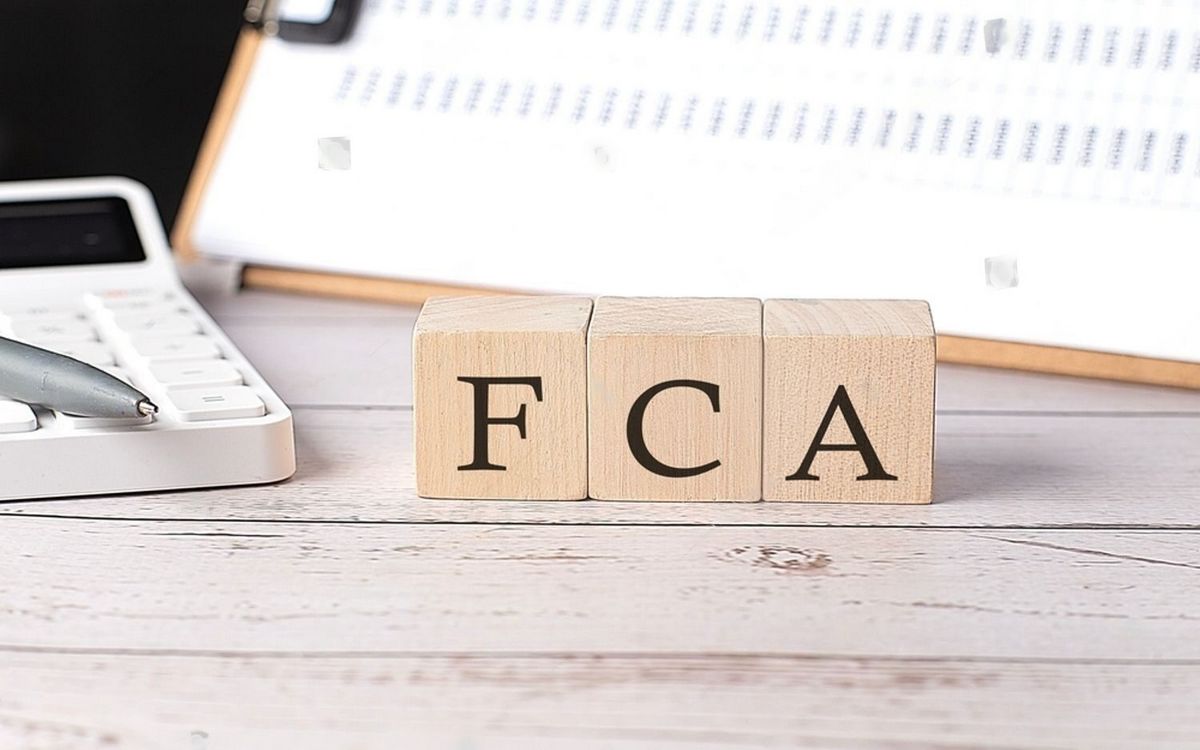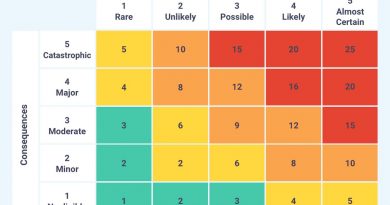Understanding Free Carrier FCA Shipping Terms

Contents
- 1 Understanding Free Carrier (FCA) Shipping Terms
Understanding Free Carrier (FCA) Shipping Terms
What Is Free Carrier (FCA)?
Free carrier is a trade term where the seller is responsible for delivering goods to a specified destination. The destination can be an airport, shipping terminal, or warehouse. The seller includes transportation costs in the price and assumes the risk of loss until the carrier receives the goods. Once the goods are with the carrier, the buyer assumes all responsibility.
Key Takeaways
- Free carrier requires the seller to deliver goods to a specified location.
- The seller includes transportation costs in the price and assumes the risk of loss until the carrier receives the goods.
- After delivery to the carrier, the buyer assumes responsibility for the goods.
- The International Chamber of Commerce (ICC) introduced the free carrier provision in 1980 and simplified it in 1990.
- The seller is responsible for delivery to the carrier location but is not obligated to unload the goods.
How Free Carrier (FCA) Works
FCA shipping terms can be used for any transportation point, regardless of the number of modes involved. The seller must transport the goods safely to a location in their home country. The carrier can be a truck, train, boat, or airplane.
Liability transfers from the seller to the carrier or buyer when the seller delivers the goods to the agreed port or area. The seller is only responsible for delivery to the designated destination and is not obligated to unload the goods. However, the seller may need to ensure that the goods have been cleared for export if the destination is their own premises in the United States.
Under FCA shipping terms, the seller handles export details and licenses, while the buyer arranges for transport. Once the goods arrive at the carrier and title transfers to the buyer, the goods become an asset on the buyer’s balance sheet.
It is recommended that parties involved in international trade consult with a trade attorney before using any trade term in a contract.
FCA Incoterms
Contracts involving international transportation often use abbreviated trade terms to describe shipment specifics. These terms cover delivery, payment, risk of loss transfer, and responsibility for freight and insurance costs.
Incoterms, published by the International Chamber of Commerce (ICC), are internationally recognized standards for trade terms. The term "free carrier" or FCA is one of the most commonly used Incoterms. It has been an official set of delivery instructions since 1980 and is updated every ten years.
Incoterms rules can be purchased on the ICC’s website.
Example of FCA
Under FCA shipping terms, the seller delivers the goods to the buyer’s specified destination. The seller’s responsibility ends once the goods reach the destination, and the buyer becomes responsible for loading and transportation.
For example, Joe Seller agrees to ship goods to Bob Buyer using an FCA shipping term. Bob chooses a shipper he has worked with before, and Joe is responsible for delivering the goods to the shipper. At this point, all liability passes to Bob.
What Is the Difference Between FCA and FOB?
FOB and FCA are shipment terms used in different types of transportation. FOB applies only to sea shipments and involves the seller loading the goods onto a vessel. FCA allows for various types of transport, and loading onto the carrier becomes the buyer’s responsibility. The seller is usually required to issue an export declaration when goods are loaded onto the buyer’s vehicle.
What Is the Difference Between FCA and DDP?
Under DDP shipping terms, the seller is responsible for transportation costs and assumes all risks and responsibilities until the buyer receives the goods. In FCA shipping terms, the buyer is responsible for transportation costs as they nominate the carrier.
Who Pays for FCA Shipping?
In FCA shipping terms, the buyer often pays for transportation as they are responsible for nominating the carrier.
Who Is Responsible for Export Clearance Under FCA?
In FCA shipping terms, the seller is responsible for export duty, taxes, and customs clearance. The buyer is responsible for importing the items.
The Bottom Line
Under FCA shipping terms, the seller’s responsibilities include pre-carriage to a terminal, delivery to the agreed destination, proof of delivery, export packaging, licenses, and customs formalities. The buyer pays for the goods, handles the main transportation, loading charges, import duties, taxes, and formalities.



